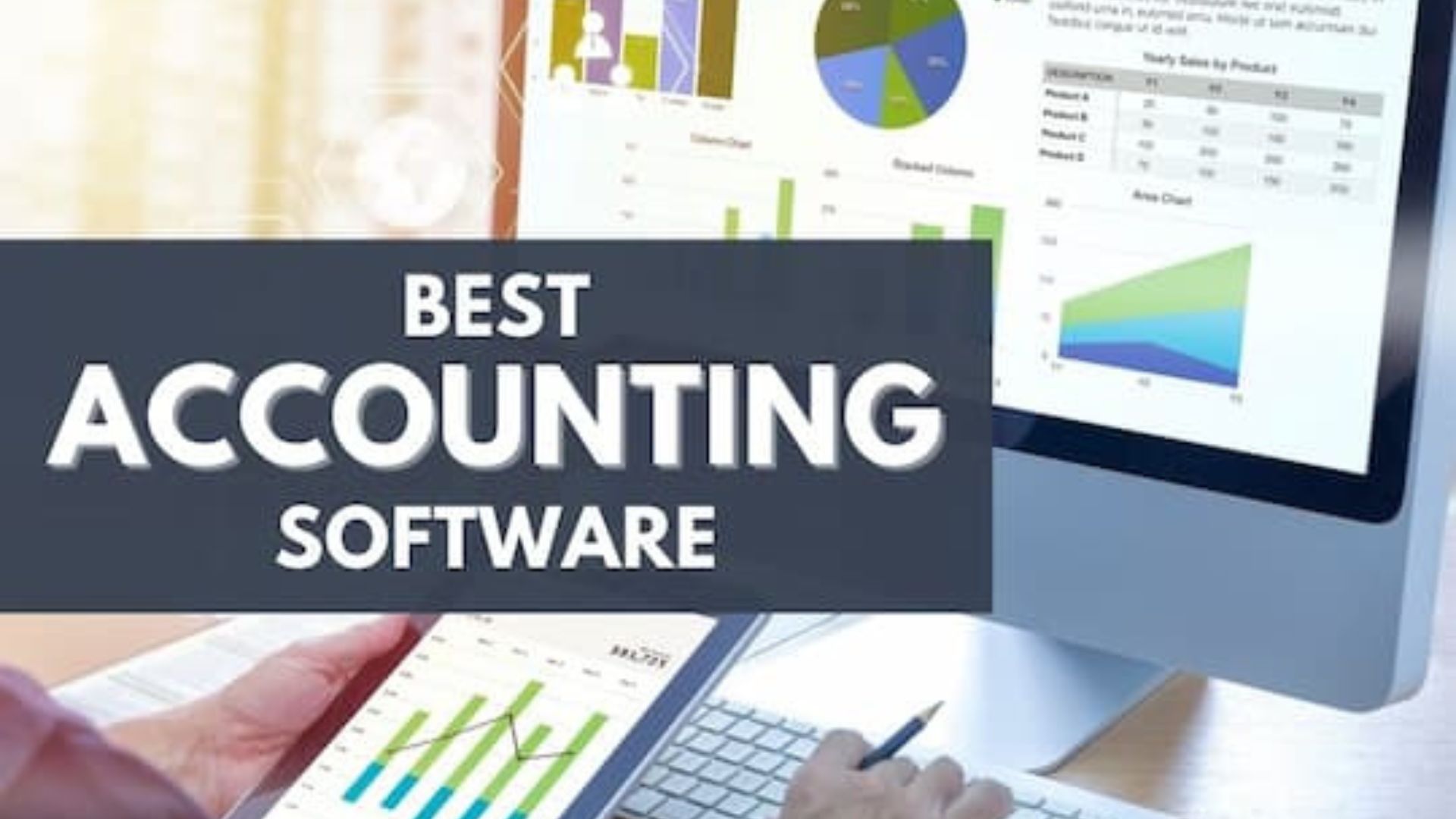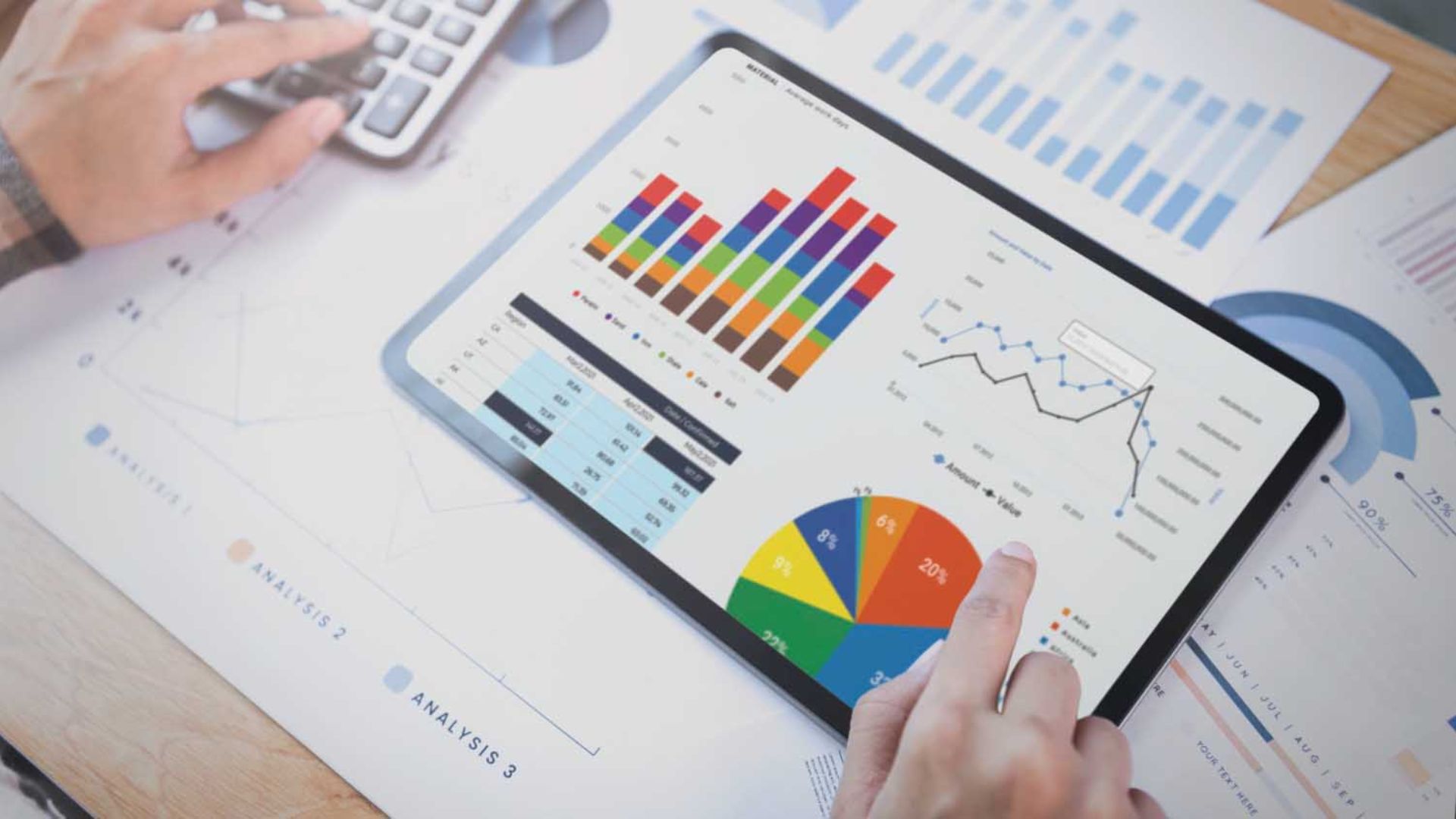Selecting the right accounting software is crucial for small businesses. It helps you manage your finances, track expenses, and generate reports efficiently. Here’s a guide to the best accounting software for small businesses, highlighting key features and benefits.

QuickBooks Online
QuickBooks Online is a popular choice for small business accounting.
- Ease of Use: QuickBooks Online offers a user-friendly interface with easy navigation, making it ideal for beginners.
- Features: It includes expense tracking, invoicing, payroll management, and tax preparation.
- Integration: Seamlessly integrates with other tools and apps, such as PayPal and Shopify.
Xero
Xero is another excellent option for small businesses looking for robust accounting features.
- Cloud-Based: Xero is a cloud-based solution that allows you to access your financial data from anywhere.
- Key Features: Offers invoicing, expense tracking, bank reconciliation, and financial reporting.
- User Experience: Known for its intuitive design and strong customer support.
Xero’s cloud capabilities and strong feature set make it a reliable choice for managing finances on the go.
FreshBooks
FreshBooks is a great option for small businesses needing straightforward accounting solutions.
- Invoicing: FreshBooks excels in invoicing, offering customizable templates and automatic payment reminders.
- Expense Tracking: Easily track expenses and manage receipts with its mobile app.
- Reporting: Provides simple financial reports to help you understand your business’s performance.
Zoho Books
Zoho Books is a comprehensive accounting software for small businesses.
- Automation: Automates routine tasks such as invoicing and expense tracking, saving you time.
- Features: Includes project management, inventory management, and financial reporting.
- Integration: Integrates well with other Zoho products and third-party apps.
Wave
Wave is a free accounting software that offers robust features for small businesses.
- Cost-Effective: Wave is free to use, with optional paid services for additional features.
- Features: Provides invoicing, expense tracking, and financial reporting without monthly fees.
- User-Friendly: Offers a simple, intuitive interface suitable for small business owners.
Wave’s cost-effectiveness and ease of use make it a popular choice for startups and small businesses on a budget.
Sage 50cloud
Sage 50cloud combines desktop and cloud accounting for small businesses.
- Comprehensive Features: Includes invoicing, expense tracking, inventory management, and advanced reporting.
- Cloud Integration: Provides cloud access to your data while maintaining the reliability of desktop software.
- Customization: Offers customizable reporting and management tools.
Choosing the Right Software
Selecting the best accounting software depends on your business’s specific needs.
- Assess Your Needs: Determine what features are most important for your business, such as invoicing, expense tracking, or inventory management.
- Consider Integration: Choose software that integrates well with other tools you use, such as payment processors or CRM systems.
- Evaluate Cost: Consider your budget and choose software that provides the best value for your needs.
Choosing the right software involves evaluating your business needs and finding a solution that fits your budget and requirements.
Conclusion
The best accounting software for small businesses includes QuickBooks Online, Xero, FreshBooks, Zoho Books, Wave, and Sage 50cloud. Each option offers unique features and benefits tailored to different business needs. By assessing your requirements and exploring these top choices, you can find the ideal accounting software to manage your finances efficiently and effectively.



